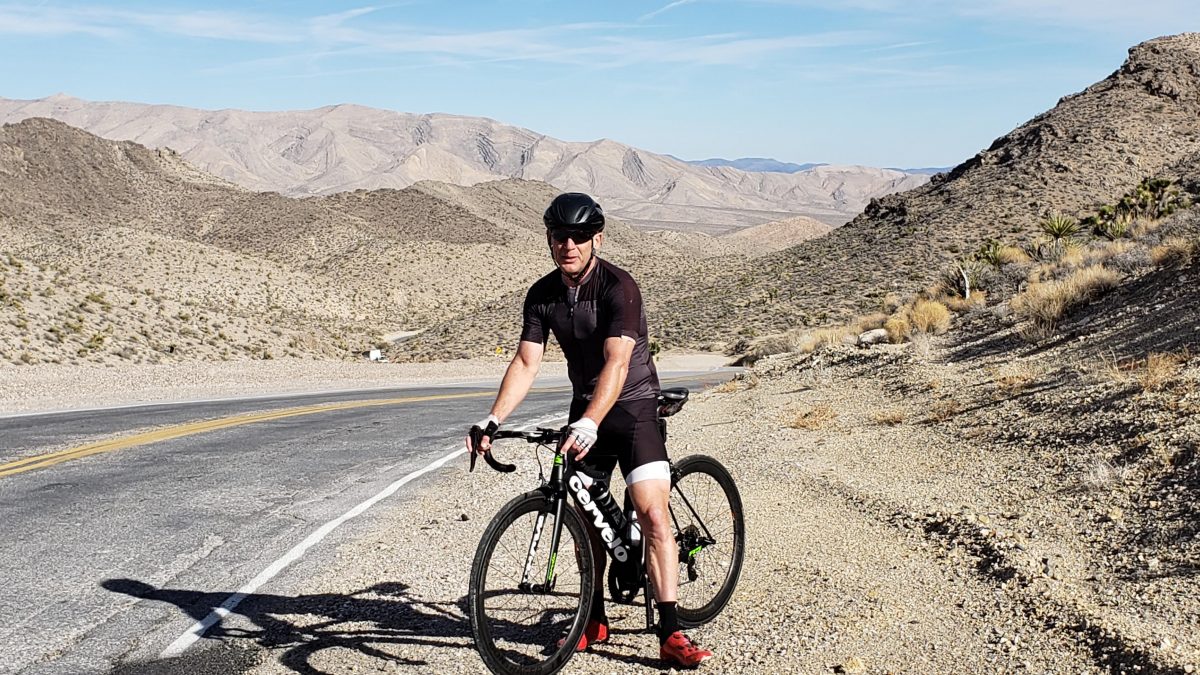I woke up this morning thinking it was time to write another blog post. Just as that thought passed through my mind, two other phrases came to me: Yogi Berra’s famous “It Ain’t Over Till It’s Over,” followed by the term “remission.” Why? Because they have a simpatico relationship.
This is an important topic as it relates to remission, but one that I didn’t cover in my book. Let me explain…
Is Remission the End of a Cancer Battle?
If you are a cancer patient or family member, every ounce of your being is probably hoping, praying and busting your tail to one day hear your doctor say… “I have good news. Your most recent test results indicate that your cancer is in remission.”
Remission, to those battling cancer, represents the end, the finish line and a cause for celebration. Or does it?
When I hear the word remission, I have a slightly different mindset and think of the phrase that Yogi Berra made famous… ”It Ain’t Over Till It’s Over.”
What do I mean by this?
It Ain’t Over Till It’s Over
Remission Truth #1: Remission does represent the end of something: the end of the current treatment regimen.
Remission represents the successful completion of your treatment regimen and you should feel good about your effort and outcome. You must, however, never let your guard down in this battle against cancer and accept that additional scans and/or strategic treatment(s), may be required in the future depending on the cancer type.
Remission Truth #2: Remission does represent the finish line, the finish line for this phase of your cancer journey.
Remission represents the finish line for this phase of your cancer journey but doesn’t mean you should automatically go back to the life you had pre-diagnosis. After you give yourself some time to celebrate and re-charge your battery, you will also want to re-assess any lifestyle issues that may have been contributing factors to your cancer diagnosis – personal health issues, financial issues, stress-related issues, dysfunctional relationships, bad eating habits, etc. Since you are starting this next phase of your life with virtually a clean slate, now may be a good time to start the regular exercise program or get serious about losing the 10+ pounds you’ve been talking about. Or consider quitting the dead-end job or leaving the relationship that no longer brings you joy and happiness.
Remission Truth #3: Remission does represent a cause for celebration, a cause for celebrating life!
Yes, remission represents a significant accomplishment and cause for celebration with your cancer support team. You will also want to start living your life without everything being solely about cancer or its treatment. You had to put your life on hold temporarily to fight this formidable health opponent; now it’s time to begin making time for loved ones, or for doing things for yourself that you have always wanted to do. What are you waiting for?
So Is It Ever Over?
If you’re in remission, congratulations. You have won the battle. So show off your battle scars and be proud of what you’ve accomplished. Live life on your terms but also remember to never stop fighting!



